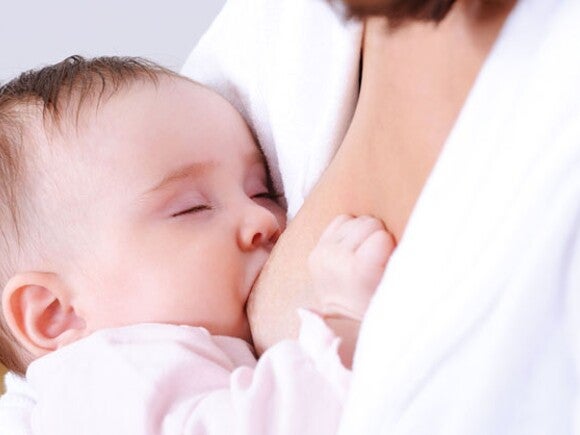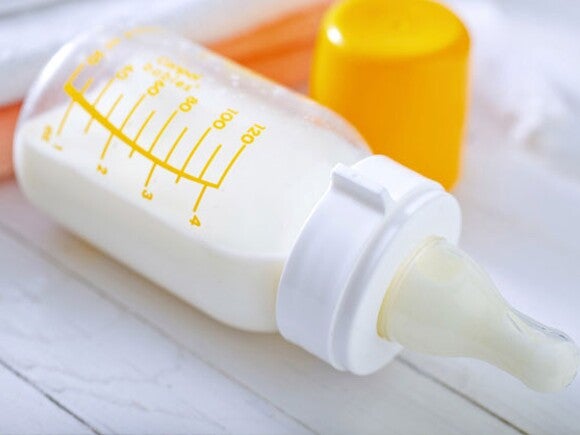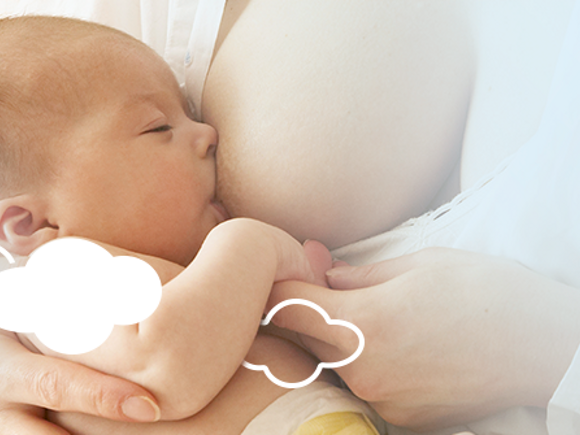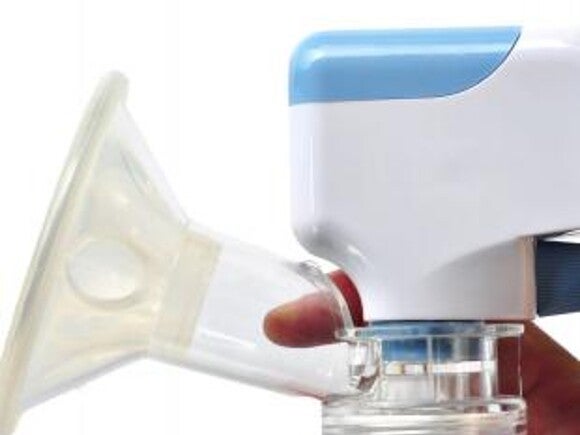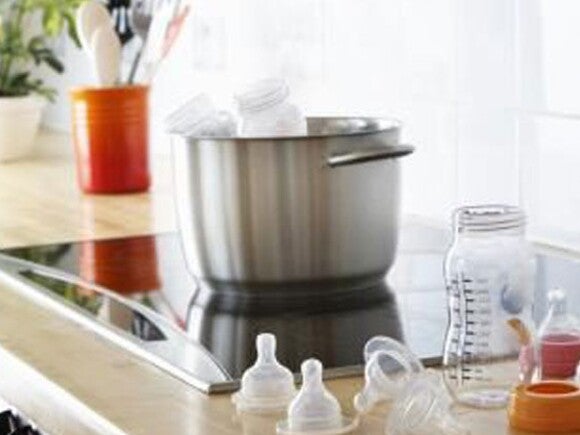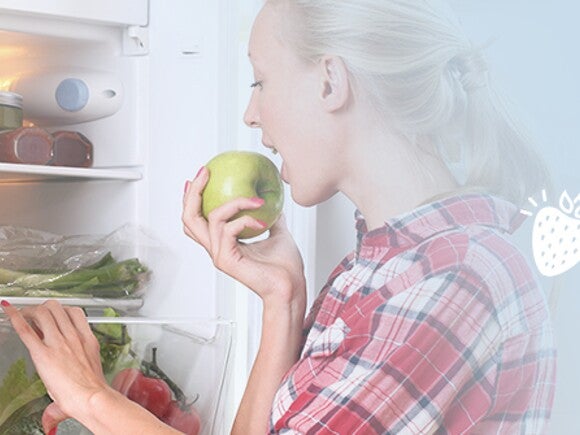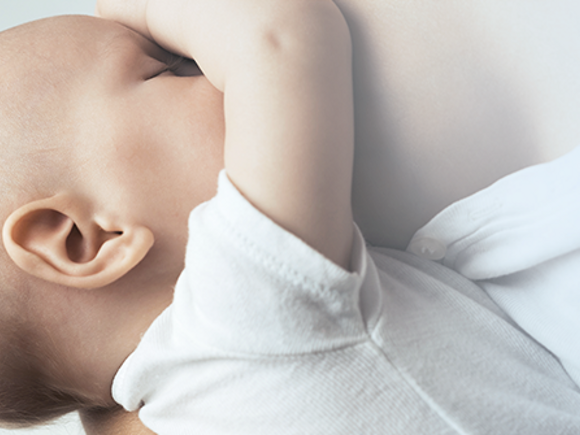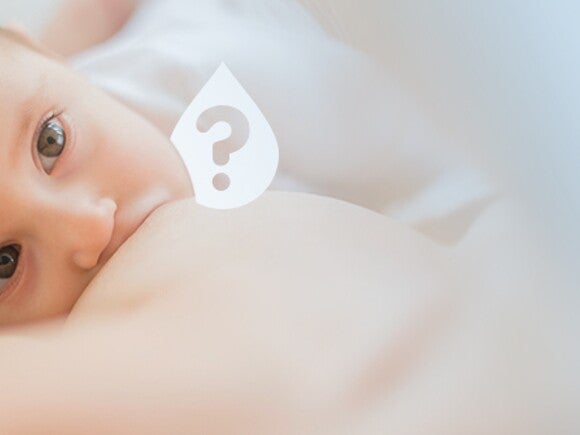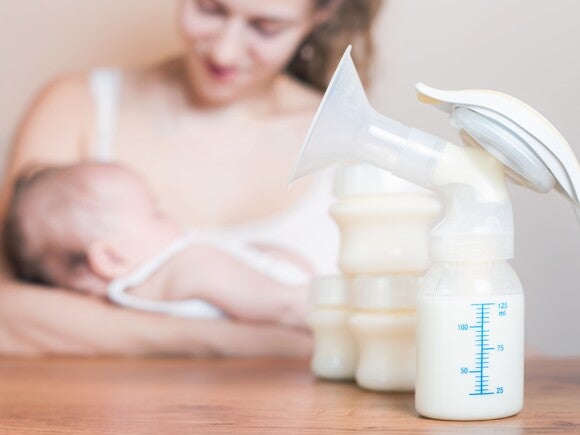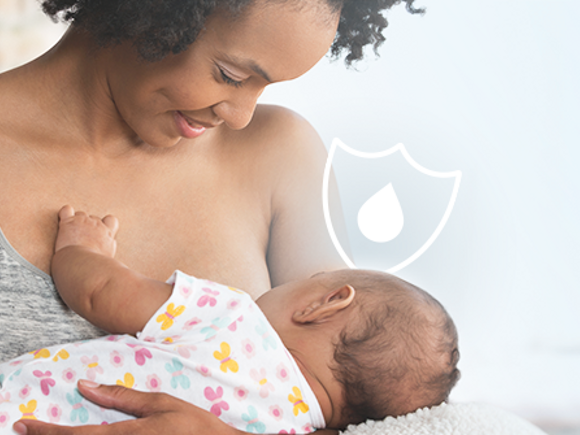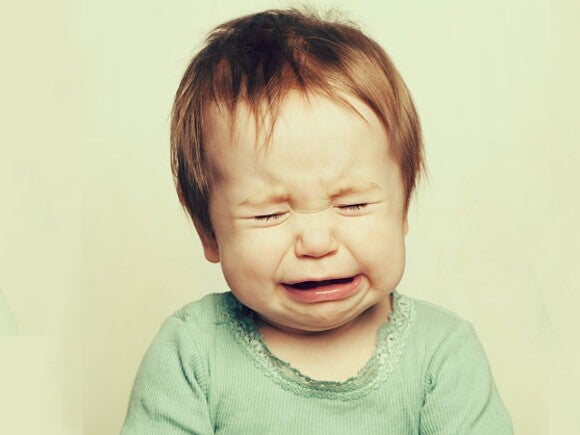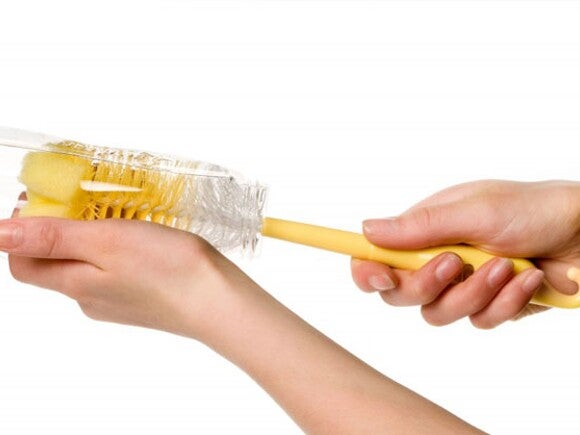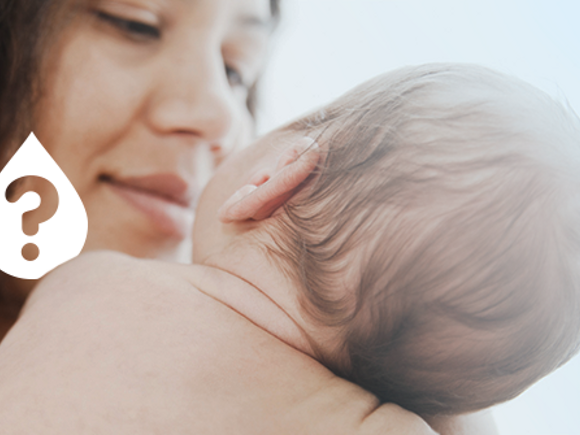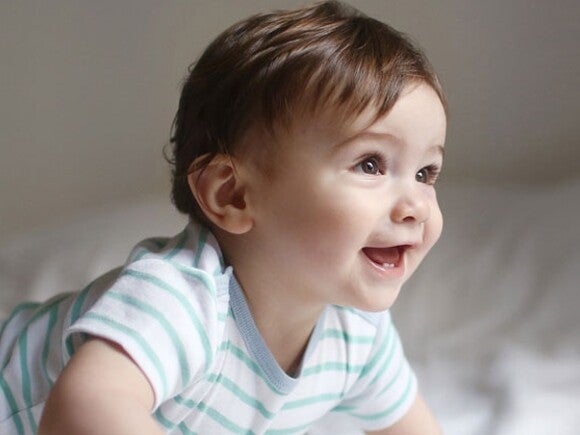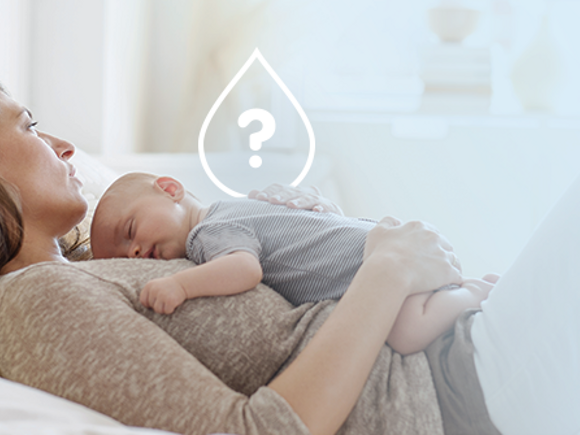If you are breastfeeding, you won’t know exactly how much your baby is drinking, but you can take comfort knowing that breastmilk provides all the nutrients needed to satisfy your baby and support their healthy growth and development. As a check, your healthcare professional can help monitor your baby’s growth (i.e. their length, weight, and head circumference), which will help determine if your baby is drinking the right amount of milk.
If you are formula feeding your baby, take note of the feeding table on the side of the tin as each formula is a bit different. The table will guide you on the amount of formula to make up for your baby based on their age — but how much your baby will actually drink will depend on what they want. It’s important to remember the feeding table is just a guide and may not suit all infants. Allowing your baby to stop when they want is very important.
Apart from adequate weight gain, the following may also help you determine whether your baby is drinking enough:
- The number of wet nappies throughout the day, with 6-8 over the day as a normal range;
- General contentment of your baby. Things to look for include alertness, smiling (if they are old enough), sleeping well, not crying all the time, plus moist lips; and
- Overall good attachment and breastfeeding practices.
How much breastmilk does a newborn need at each feeding?
Feeding directly from your breast provides your baby with exactly the right amount they need at each feed. Breast milk production is based on a ‘supply and demand’ relationship, so allowing your baby to feed and stop when they want is important. Your supply will then match your baby’s needs at each feed.
It’s natural to be concerned about whether your baby is getting everything they need from breastfeeding, especially if you can’t tell the exact volume they drink during each feed. However, breastfeeding and breastmilk production is a very natural process and provides your baby with all the right ingredients to thrive. If you are still concerned that your baby is not getting what they need, consult your healthcare professional for more personalised advice.
How many mL of breastmilk does a newborn drink each day?
The volume of breastmilk consumed by a baby over the day is difficult to measure, especially when feeding directly from your breast. What matters most is that you feed according to your baby’s individual needs and allow them to stop when they’ve had enough. There is some rough guidance in our Australian Nutrient Reference Values (NHMRC) of approximately 780mL/d for 0-6 month old’s, and ~600mL/d for 7-12 month old’s, however these are only an average and it is not recommended you apply this to your own baby. The drop in volume at around 6 months of age is a result of your baby starting solid foods.
Feeding volumes are only guides and are only relevant if you are expressing breastmilk and feeding your baby from the bottle. Expressing breastmilk for the purposes of measuring your volume is not recommended.
Do formula fed babies need the same amount of milk as breastfed babies?
Formula feeding and breastfeeding are very different, so it’s not possible to compare the amount of milk needed between formula fed babies and breastfed babies. While breastmilk is produced daily to suit the needs of the baby, infant formula is a set formulation that doesn’t vary day to day.
When formula feeding, you may find yourself watching the volume of milk your baby drinks at each feed and comparing this to the feeding guide on your tin. It’s vital to remember that the feeding volume from your formula tin is only a guide and all babies are different. It’s really important not to force your baby to drink more than they want — they are very good at self-regulating what they need and will let you know when they don’t want any more.
How often should a newborn baby be fed?
How often a newborn feeds can vary somewhat, but it’s typically every 2¬–3 hours, or 8–12 times over a 24 hour period. As your baby grows, they will drink more during each feed and so need feeding fewer times throughout the day. Learning your baby’s cues for both hunger and fullness will help you determine when your baby needs to be fed and when they’re finished.
For formula fed babies, the feeding guide on the tin will indicate the number of feeds to give your baby over the day, which will naturally guide you on how often to feed. This may or may not suit your newborn baby, so it’s important to pay attention and listen to your baby’s hunger cues.
Is a 10-minute feed long enough for a newborn baby?
For a newborn baby, it is unlikely that a 10-minute feed will be long enough to hydrate your baby and provide the nutrition they need to grow healthily. Breastfeeding takes time and cannot be rushed, so a 10-minute feed may better serve as a top up rather than as a regular feeding regime. Regular 10-minute feeds will tire both you and your baby over the day and may result in less milk being consumed.
While breastfeeding will give your baby the best chance to self-regulate how long and how much they feed, if they keep pulling off the breast after only 10 minutes it may indicate there are some feeding issues that need to be sorted out. If this is happening to you, ask your healthcare professional for tailored feeding advice. Overall, good attachment and breastfeeding practices should naturally result in a feed longer than 10 minutes.
How do I know when my baby is full?
Babies are very good at regulating how much milk they drink and will make it clear to you when they are full. Feeding directly from your breast helps support your baby’s natural instinct to drink only as much as they need and tell you when they are full. Pulling off the breast, turning their head away from the breast, or general whinging if you try to feed them are all strong signs that your baby has had enough. Learning your baby’s fullness cues will be key to identifying when they are full.
For formula-fed babies, recognising signs of fullness isn’t always easy, but paying attention to them is still important so you can support self-regulation. Missing cues that your baby has had enough may lead to overfeeding.

